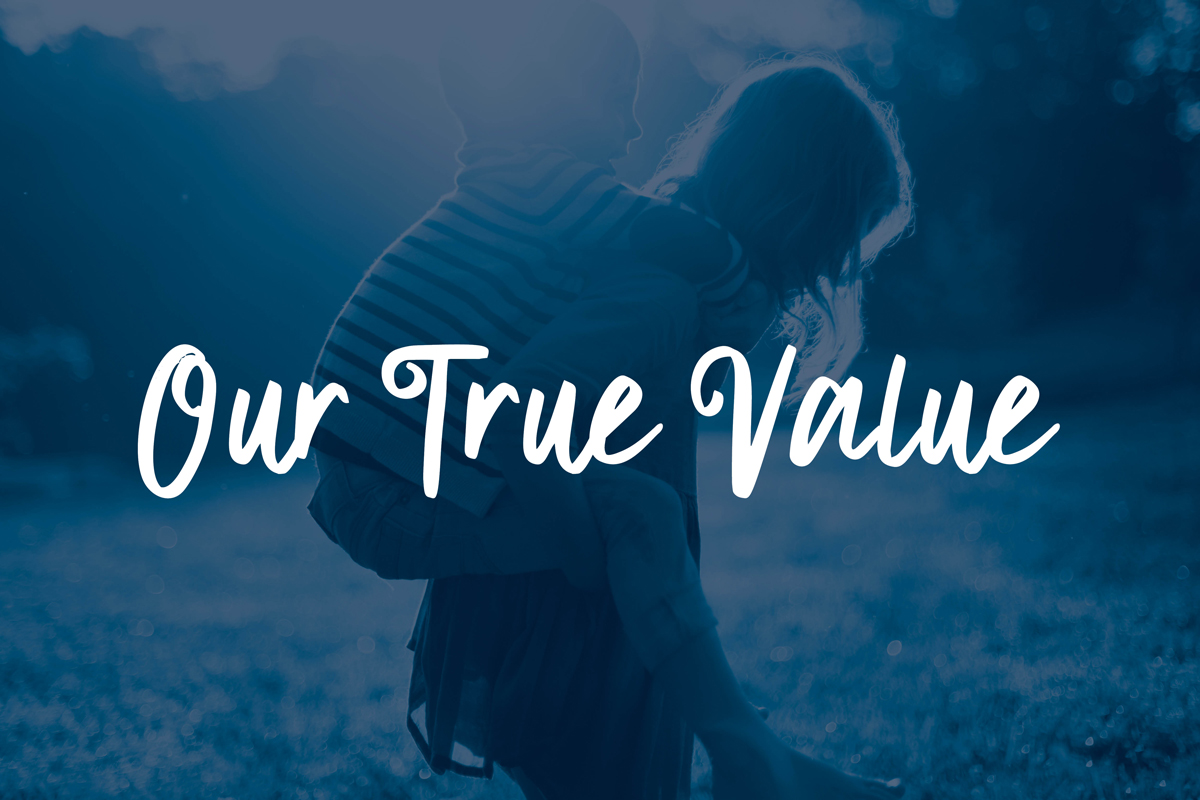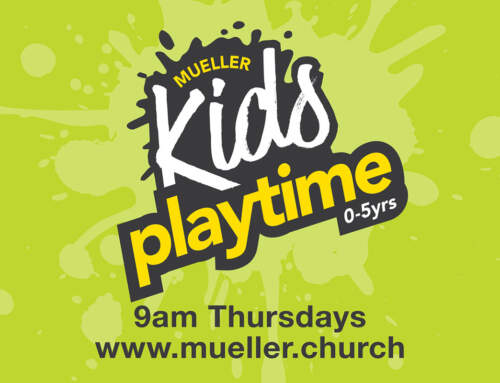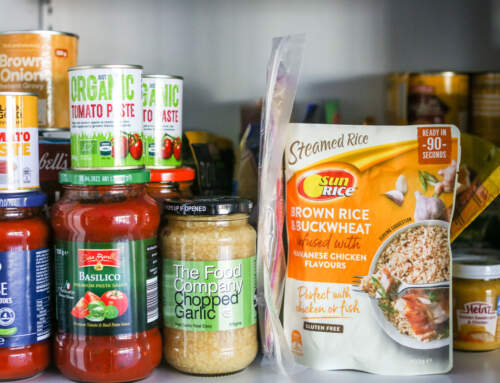Last week, we were reminded by Mr Valese that “God doesn’t make junk” and that every single person is a valuable human being. We know that many of our children and teens don’t see themselves that way, so how might we best support them in valuing themselves in healthy ways?
One of the most important things we parents can do is to develop and model our own sense of self-worth. Our children learn more from how we live than what we say. Asking ourselves questions like, “how do I measure my self-worth? What’s important to me? Do I place a lot of emphasis on my appearance?; what I do for a living?; what I achieve?; money and possessions?; or my social circle or following?” All of these things can change in an instant or over time and if they are how we measure our worth, we’re very likely to come unstuck sometime down the track. I might think that I’m not focused on my appearance, but if I’m constantly talking about my body size and saying how much I hate my shape, what messages am I sending to my children? Rather than focusing on what we don’t like about ourselves, it’s helpful to consider what we do like. Every single one of us has some good qualities.
If I feel jealous because my friend has a bigger home or a better car than me, how might my child interpret that? He/she might come to believe that a person’s value is directly linked to how much “stuff” they have. Measuring and comparing ourselves against other people is often fraught with danger. What we see may not be reality. We were acquainted with a particular family whose home was lavish in every way and filled with the very best appliances. Their expensive cars were replaced annually, with the latest models and they took regular overseas holidays. After losing their jobs, they mentioned that even if they sold everything, they could never repay what they owed. Every single thing they ‘owned’ had been obtained on credit. My girls commented a few times on how rich these people were, but they actually owned nothing but a lot of debt, a false image and unbelievable stress.
Defining ourselves according to our career (or lack thereof) can be problematic when it comes to our self-worth. Never say, “I’m just a ——–“. You are not just a —— anything. You’re a unique, valuable and wonderful human being who matters regardless of whether you’re a Mum at home caring for your children, the CEO of a large corporation, a cleaner, or unemployed. A job title never truly defines a person, as it’s not an indication of the sort of person he/she is.
We do well to value both ourselves and others for who they are as people, not what they do or have. Next week, we’ll explore other ways we might encourage our children. If we model the sort of behavior we want to share with them, our words are more likely to have some effect.
This week Mr Valese sent students an email containing Psalm 139:14a, “I am fearfully and wonderfully made.” I like how the NLT translates that whole verse, “Thank you for making me so wonderfully complex! Your workmanship is marvelous – how well I know it.” Do you believe that? Can you say, “I’m a marvelous work of God?”
Jenny Billingham
(If you have a topic that you’d like more information about and think might interest other parents, please don’t hesitate to email me with suggestions at j.billingham@mueller.qld.edu.au Thanks.)






